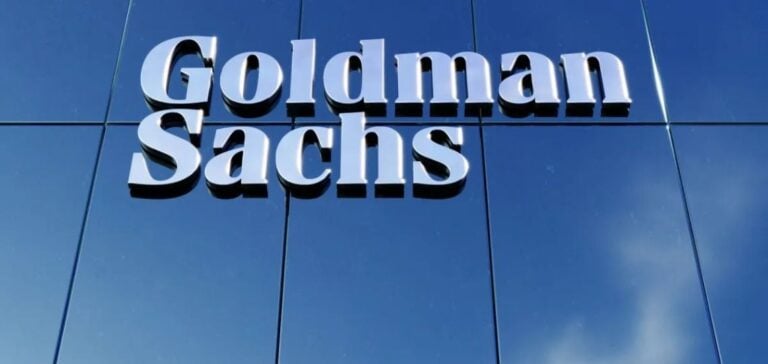The oil market may experience a significant drop in Brent crude prices in 2025, according to forecasts by Goldman Sachs, which estimates an average price of $76 per barrel. This projection is set against a backdrop of a global crude oil oversupply, despite geopolitical and economic uncertainties.
In a note sent to its clients on November 22, the investment bank highlighted that the global crude surplus could reach 400,000 barrels per day (bpd) in 2025, peaking at 900,000 bpd the following year. This surplus, according to Goldman Sachs analysts, should curb any significant price increases while consolidating a Brent price range between $70 and $85 per barrel.
Reserves and Shale Output to Moderate Price Fluctuations
The reserve capacities of the Organization of the Petroleum Exporting Countries (OPEC) and the price elasticity of shale oil production are expected to limit price volatility. These factors, combined with sustained global demand, stabilize the market despite a forecasted $4 drop from the 2024 average price of $80 per barrel.
However, Goldman Sachs warns of short-term price increase risks. If the United States enforces stricter sanctions against Iran, reducing its oil exports by about 1 million bpd, Brent prices could temporarily reach $85 in the first half of 2025.
Growing Energy Demand Outlook
Despite the projected price decline, oil demand is expected to continue rising over the next decade. Goldman Sachs attributes this growth to increased energy consumption amid global economic recovery and challenges in decarbonizing sectors such as aviation and petrochemicals.
Additionally, geopolitical tensions remain a key variable for the market. Earlier this week, oil prices rose slightly, fueled by uncertainties over a potential ceasefire between Israel and Hezbollah and escalating tensions between Russia and Ukraine. At 10:30 GMT, Brent for January delivery was up 1.05%, reaching $73.78, while West Texas Intermediate (WTI) climbed to $69.65 per barrel.
A Strategic OPEC+ Meeting
On December 1, OPEC+ members will convene to decide on future crude oil production strategies. This meeting could play a crucial role in stabilizing prices, particularly if a production cut is decided to manage the expected surplus.
The evolution of U.S. sanctions, regional tensions, and strategic decisions by OPEC+ will thus shape the oil market’s balance in the coming years.






















